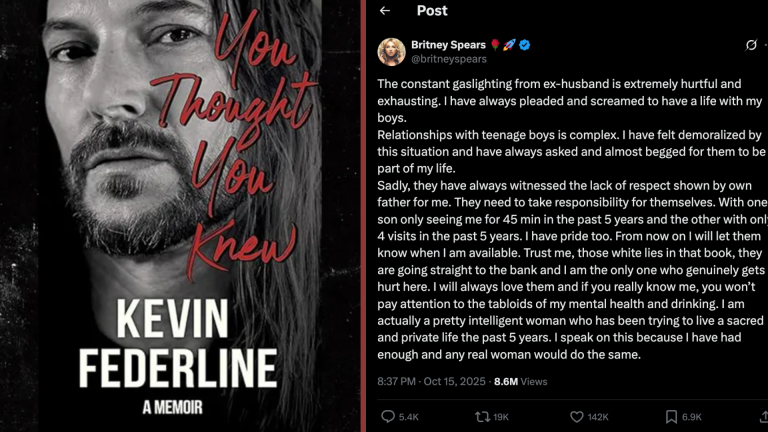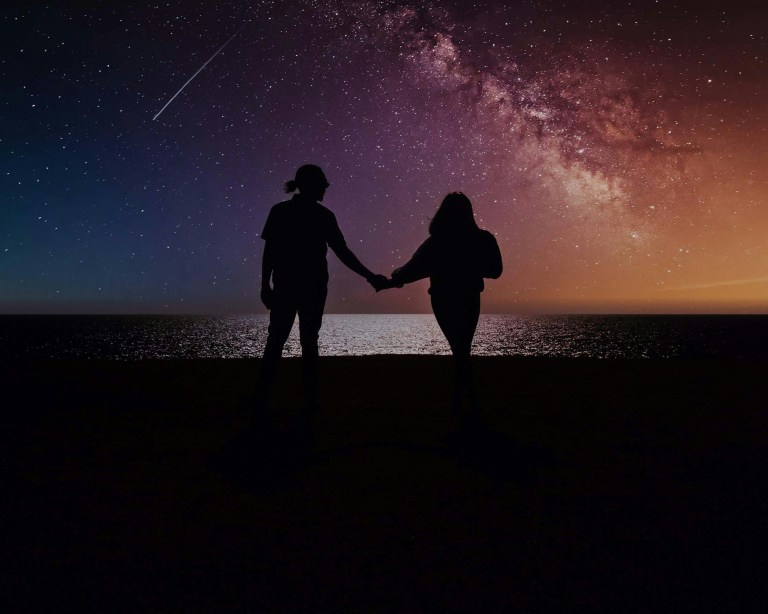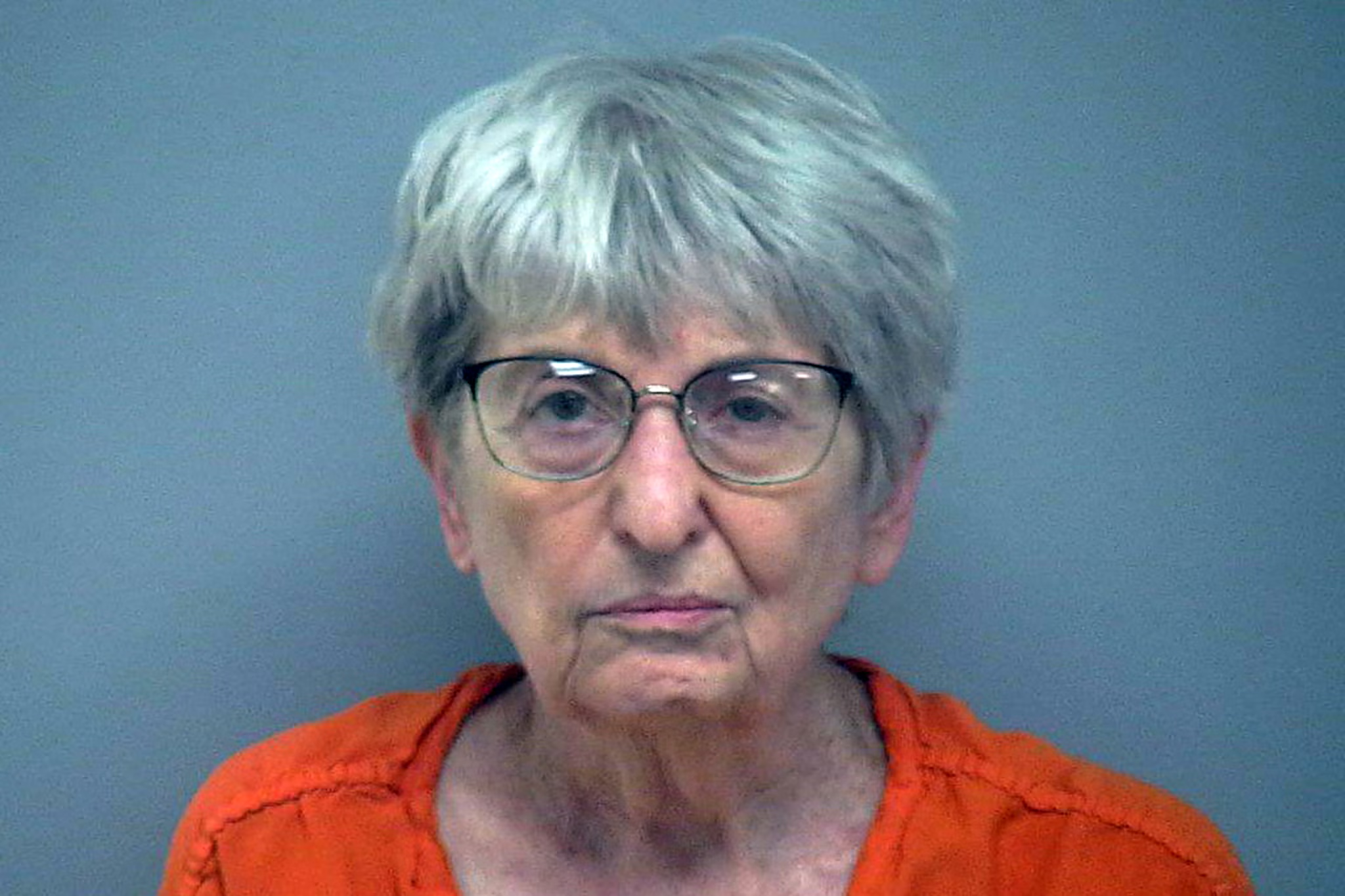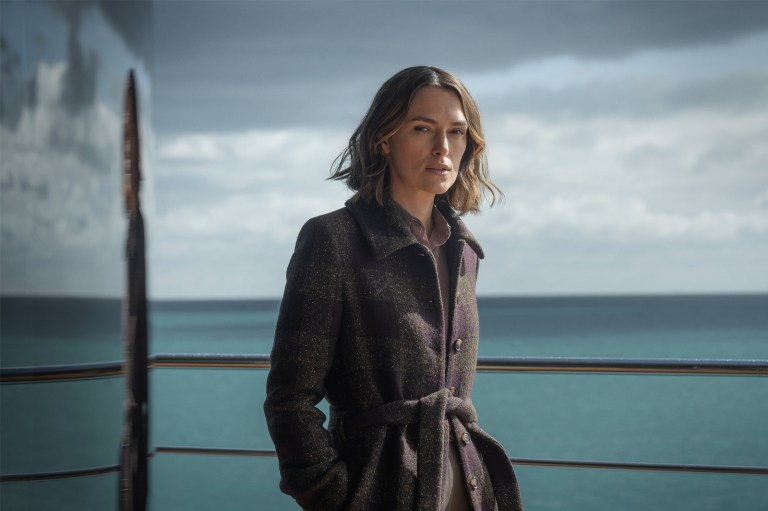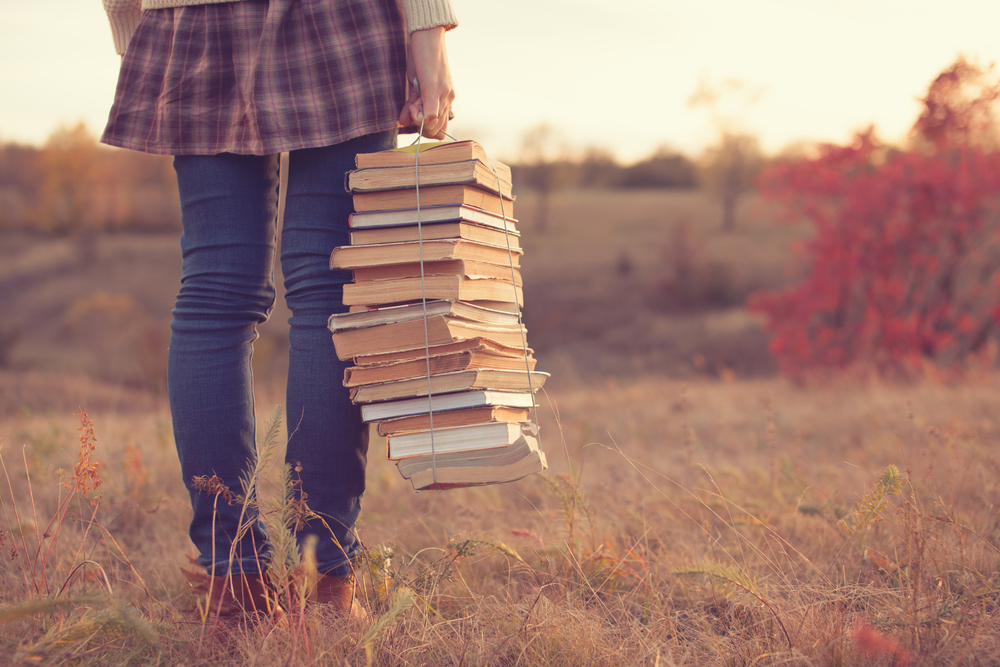
13 Women Discuss The Books Every Woman Should Read
"I think we should stop asking people in their twenties what they “want to do” and start asking them what they don’t want to do."
By ![]() Koty Neelis
Koty Neelis
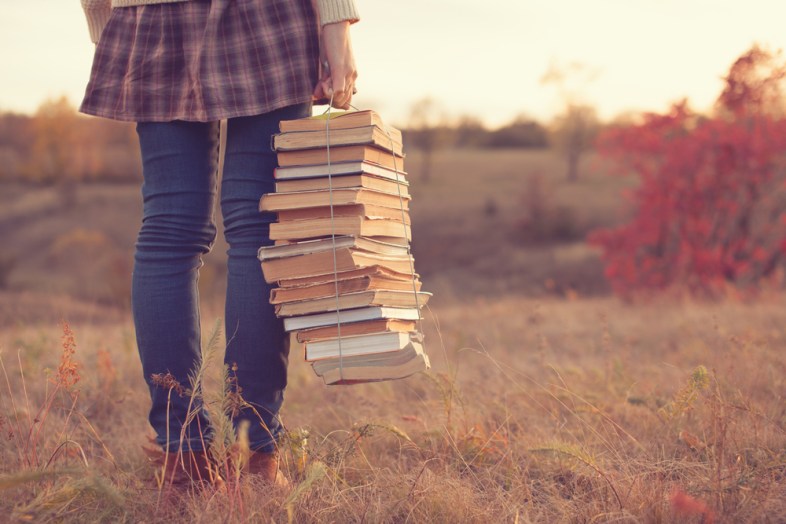
Yes Please – Amy Poehler
“I think we should stop asking people in their twenties what they “want to do” and start asking them what they don’t want to do.”
I really loved Amy Poehler’s “Yes Please.” It’s funny, witty, gives insight into how hard she worked to get to where she is, and really, really touching and honest and moving. You feel like Poehler is the big sister you never had, the one who just wants you to learn from both her mistakes AND her triumphs. She also gives you a lot of advice and feel-good mantras without beating you over the head with them. It’s just very measured and real. (But I love Amy, and I understand she might not be for everyone, so what it really boils down to is to read the memoir or essays or biography of a woman whom you truly, truly adore and admire, and never let that go. It will speak to you in a way it doesn’t speak to anyone else.)” – Ella
Wide Sargasso Sea – Jean Rhys
“You can pretend for a long time, but one day it all falls away and you are alone. We are alone in the most beautiful place in the world…”
It’s Jean Rhys’ masterpiece, a story told from the perspective of Charlotte Bronte’s “madwoman in the attic”––a critical analysis of the “hysteria” of women and why it can’t be used to simply dismiss a woman’s “emotional reactions.” In Wide Sargasso Sea, Rhys exposes a much darker side of the female psyche and the role of the patriarchy (Mr. Rochester, in this case) in the protagonist’s descent into madness. Even though this novel is a complete reimagining on Rhys’ part, I still felt that this was the true backstory to the wretched woman we only catch glimpses of in Jane Eyre. – Mink
That Extra Half an Inch – Victoria Beckham
“Nothing is more expensive than the thing you only wear once.”
I really like Victoria Beckham’s style book That Extra Half an Inch. It’s just timeless style advice about putting a wardrobe together and how to care for your skin. It’s this whole private life women have of figuring out what they want to look like and how they care for themselves. It’s really interesting. – Chrissy
Is Everyone Hanging Out Without Me? – Mindy Kaling
“Teenage girls, please don’t worry about being super popular in high school, or being the best actress in high school, or the best athlete. Not only do people not care about any of that the second you graduate, but when you get older, if you reference your successes in high school too much, it actually makes you look kind of pitiful, like some babbling old Tennessee Williams character with nothing else going on in her current life. What I’ve noticed is that almost no one who was a big star in high school is also big star later in life. For us overlooked kids, it’s so wonderfully fair.”
After reading Mindy’s book, I felt like she was my best friend. She told her stories of success in a way that didn’t make it feel like my own dreams were impossible. She was candid, funny, and incredibly down to earth in this book. I felt like, if she could achieve all the things she set out to, so could I. And that was an especially powerful message to walk away with. – Jamie
Bitter is the New Black – Jen Lancaster
“I’ve determined the ideal job for me is one where I can write clever essays about my life and my employer will give me enough money not only to live a comfortable existence, but also to buy many, many new pairs of shoes.”
Great read for young women. I read it the fall after my college graduation which was a real tough time personally. It’s an easy read but it’s also funny, sassy, and smart and it manages to teach you a lot about yourself and how to be okay when things aren’t going your way. – Kovie
The Chronology of Water – Lidia Yuknavitch
“This is something I know: damaged women? We don’t think we deserve kindness. IN fact, when kindness happens to us, we go a little berserk. It’s threatening. Deeply. Because if I have to admit how profoundly I need kindness? I have to admit that I hid the me who deserves it down in a sadness well.”
I give this book to all of my female friends for Christmas or their birthdays if they haven’t already read it. This is such an important memoir, especially for any woman who has survived domestic or sexual abuse. Lidia’s prose is raw, in your face, and unrelentless but also beautiful and haunting at the same time. Her story about her life, the abuse she’s went through, the addictions she’s faced, the mistakes she’s made, are weaved in and out through a series of vignettes. This is one of those books that always stays with you. – Emily
The Bell Jar – Sylvia Plath
“I took a deep breath and listened to the old brag of my heart. I am, I am, I am.”
I feel like this is so typical to recommend but I still think that The Bell Jar is one of the most important books in women’s literature. I think I read the book when I was 14 and it spawned an obsession with wanting to read books focusing on women’s mental health. The story about Esther Greenwood, a character both beautiful and broken, is a timeless story. I read the book at least once a year. – Megan
Beloved – Toni Morrison
“Freeing yourself was one thing, claiming ownership of that freed self was another.”
I just finished this book and I am still weeping from it. Beloved tells the story about a woman haunted by the death of her baby girl. It touches on many themes including death, slavery, and sexual abuse. Such a great read. – Larissa
Play It As It Lays – Joan Didion
“There was silence. Something real was happening: this was, as it were, her life. If she could keep that in mind she would be able to play it through, do the right thing, whatever that meant.”
I never got into Joan Didion much until I read this book and then I finally understood why she’s considered such an incredible writer. This novel takes place in the 60s and tells the story of Maria, a self-destructive woman who feels desperately stuck in her life. What I loved about this book is it really was able to catch of the mood of this decade and the American Californian life at the time. – Ruby
Bad Feminist – Roxane Gay
“I embrace the label of bad feminist because I am human. I am messy. I’m not trying to be an example. I am not trying to be perfect. I am not trying to say I have all the answers. I am not trying to say I’m right. I am just trying—trying to support what I believe in, trying to do some good in this world, trying to make some noise with my writing while also being myself.”
I know this book only came out just this year but it’s already a classic (in my opinion). I think most women feel similar to Roxane (like a bad feminist) and she does a great job at looking at feminism in a real and genuine way. In her book she looks at the way media and politics represents women with a critical eye. By the time you finish reading you’ll feel like she’s your best friend – and you’ll have learned quite a bit too. – Stephanie
Cherry – Mary Karr
“No road offers more mystery than that first one you mount from the town you were born to, the first time you mount it of your own volition, on a trip funded by your own coffee tin of wrinkled up dollars – bills you’ve saved and scrounged for, worked the all-night switchboard for, missed the Rolling Stones for, sold fragrant pot with smashed flowers going brown inside twist-tie plastic baggies for. In fact, to disembark from your origins, you’ve done everything you can think to scrounge money save selling your spanking young pussy.”
I’m listing Cherry but really everyone should just read ALL of Mary Karr’s work, Cherry is just the beginning book of Karr telling her touching and yet also hilarious story. In this book she describes her childhood in rural Texas with her crazy family and her budding sexuality. Karr has a strong literary voice, you can almost hear her Southern drawl through the pages.
Green Girl – Kate Zambreno
“Sometimes she narrates her actions inside her head in third-person. Does that make her a writer or a woman?”
Green Girl is a really interesting and provocative book. The heroine Ruth is an American girl living in London working at a department store, trying to find her way in life, trying to understand her femininity as she’s objectified. This was an emotionally intense book and one I’d say could rival The Bell Jar. Or I guess I would say this is sort of like this generation’s Bell Jar. ![]()
